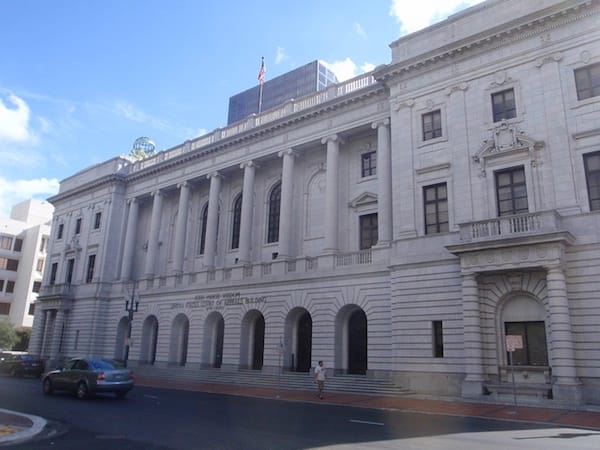No Reasonable Expectation to Privacy for Cell Phone Data


Last week, the Fifth U.S. Circuit Court of Appeals overturned a magistrate judge's 2010 ruling that made cell phone data constitutionally protected from government intrusion under the Fourth Amendment. Cell phone data refers to calls, texts, emails, voicemails, photographs, Internet usage, and GPS tracking systems.
Whenever a call is made from a cellular device, the carrier knows where the call is coming from. It needs to know this information in order to relay the signal above the clouds. These signals are all logged and can be compiled for investigation.
The new interpretation of the law defines cell phone data as owned by the provider, rather than the owner of the cell phone. Cellular data can now be thought of as a "business record."
Individual cell phone subscribers now have no "reasonable expectation of privacy" with their usage, as a search warrant is no longer required in order for authorities to seek out this information.
The Fourth Amendment protects against unlawful search and seizure without probable cause and a search warrant. By definition, then, this new federal ruling exempts cell phone usage and data from probable cause standards and limits the clearance required to breach cellular information.
The issue revolves around the definition of private information. The courts are tasked with determining whether a third party (in this case, a cell phone provider) is constitutionally protected of infiltration by way of a search warrant.
The Chicago Sun-Times recently published an article advocating that Fourth Amendment protection laws be applied to cell phone data in Illinois.
Other states have had pre-existing cell phone data laws, Montana being the very first to pass legislation in this trend. The bill expressly states that a search warrant must be obtained in order to seek information on an "electronic device," with the following exceptions:
" (1) Except as provided in subsection (2), a government entity may not obtain the location information of an electronic device without a search warrant issued by a duly authorized court.(2) A government entity may obtain location information of an electronic device under any of the following circumstances:(a) the device is reported stolen by the owner;(b) in order to respond to the user's call for emergency services;(c) with the informed, affirmative consent of the owner or user of the electronic device; or(d) there exists a possible life-threatening situation.(3) Any evidence obtained in violation of this section is not admissible in a civil, criminal, or administrative proceeding and may not be used in an affidavit of probable cause in an effort to obtain a search warrant.(4) A violation of this section will result in a civil fine not to exceed $50."
The debate has sprung up among lawmakers in Maine as well, another state with existing cell phone data laws. State law includes the requirement that authorities notify the person of interest within 3 days of tracking. However, the authorities can prove the need for secrecy, and can circumvent the 3-day period.
In California, Governor Jerry Brown vetoed a bill that would specifically protect residents from cell phone surveillance.
Meanwhile, First Circuit Chief Judge Sandra Lynch has expressed taking the case directly to the Supreme Court in order to facilitate a clear, broad-reaching precedent for cell phone data laws. With courts in disagreement over the overrule, this may be the quickest route to a solution.



